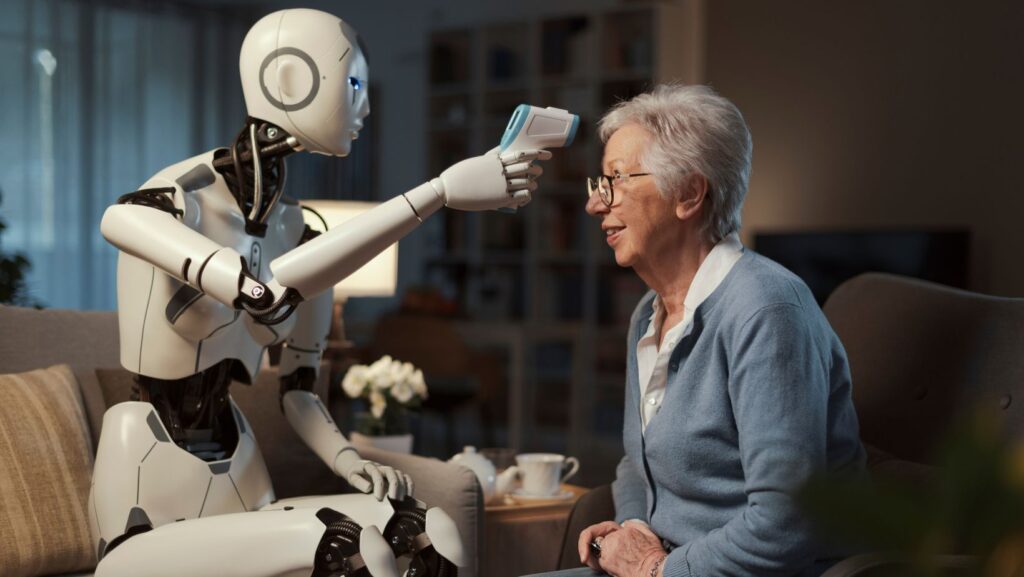For many people, the thought of starting therapy feels overwhelming. Whether it’s concerns about cost, scheduling difficulties, or the vulnerability of opening up to another person, these barriers keep countless individuals from accessing mental health support. But there’s a transformation happening in the mental health landscape, driven by an unexpected ally: artificial intelligence.
The rise of the AI Therapist is creating new pathways for people who’ve historically been hesitant to seek traditional therapy. These digital platforms are meeting people exactly where they are – on their phones, tablets, and computers – providing 24/7 access to mental health support without the traditional hurdles.
Breaking Through Personal Barriers
“I never thought I’d try therapy until I found an AI platform,” shares Marcus, a software developer who struggled with anxiety for years. “The idea of scheduling regular sessions and sitting face-to-face with someone felt too intense. Being able to process my thoughts through text, at my own pace, helped me take that first step.”
What makes AI-powered mental health support particularly appealing is its ability to eliminate common barriers. There’s no judgment, no scheduling conflicts, and often a lower cost compared to traditional therapy. For many, it serves as a gentle introduction to the world of mental health care.

However, mental health professionals emphasize that AI therapy tools should be seen as complementary to, rather than replacements for, human therapists. They excel at providing initial support, teaching coping strategies, and helping people develop comfort with therapeutic concepts. For deeper trauma work or complex mental health challenges, the expertise of human therapists remains invaluable.
Democratizing Mental Health Support
The democratization of mental health support through AI is particularly impactful for underserved communities. People in rural areas, those working irregular hours, or individuals who speak languages with few local therapists can now access support that was previously out of reach.
Looking ahead, the integration of AI in mental health care promises to continue evolving. While maintaining appropriate boundaries and ethical considerations, these tools are opening doors for millions who might otherwise never have taken the first step toward mental wellness.
For those considering therapy but feeling hesitant, AI-powered support options offer a low-pressure way to begin the journey. They’re not just breaking down barriers – they’re building bridges to better mental health for everyone.
The key isn’t to replace traditional therapy but to expand the toolkit available for mental wellness. As we move forward, the combination of AI innovation and human expertise may just be the key to making mental health support truly accessible to all.
Key Takeaways
AI therapy platforms are breaking down traditional barriers to mental health support, including cost, accessibility, and scheduling constraints.

- These digital solutions provide 24/7 access to mental health support, making it easier for people to seek help on their own terms.
- AI-powered therapy serves as an effective stepping stone to traditional therapy for many reluctant individuals.
- The technology is particularly beneficial for underserved communities and those with limited access to mental health resources.
- While AI therapists offer valuable support, they work best as a complement to, rather than a replacement for, human therapists.
Remember, taking the first step toward mental health support is often the hardest part. Whether you choose to start with an AI platform or traditional therapy, the most important thing is beginning your journey toward better mental health.
